6 Signs You’re Ready to Buy Your First House
Are you tired of renting and ready to make a long-term commitment to purchasing your own home? Congratulations – this is an exciting life step! Before jumping into the process, it’s important to know whether or not you are truly showing signs that you’re ready to buy your first house. Here are six signs that you may be on track toward realizing your dream of homeownership.
You Have a Good Credit Score
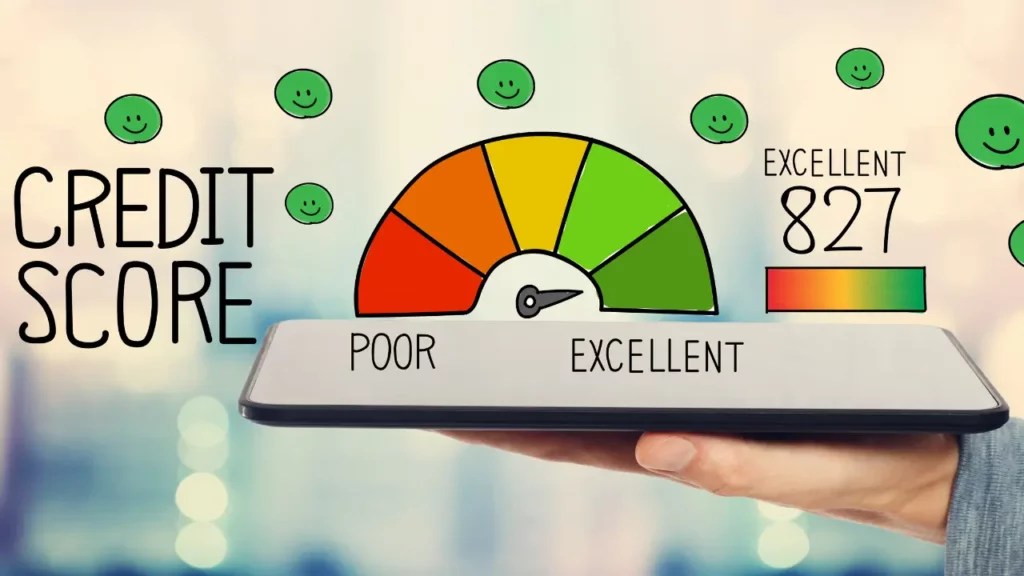
Your credit score serves as a gauge of your financial stability and responsibility, and can significantly impact your ability to become a homeowner. With credit scores ranging from 350 to 850, higher credit score numbers represent better creditworthiness. To calculate your credit score, lenders use various factors such as payment history, outstanding debt, and the length of your credit history.
A good credit score opens up a world of financial possibilities, particularly when it comes to purchasing a home. Those with high credit scores generally secure better terms for their home loans, potentially saving thousands of dollars over the life of the mortgage. So, it’s safe to say that your credit score plays a vital role in your path to homeownership.
When it comes to buying a house, having a good credit score is key. If you have poor or fair credit, it’s important to evaluate your credit score in order to determine if you need to work on improving it before pursuing a mortgage. It’s worth taking the time to look closely at your credit report to find any items that might be negatively impacting your score, such as too many hard credit inquiries, late payments, or using too much of your credit card debt against your available credit.
Fortunately, even if your credit score is low, there are still home lending products available that may have lower credit score requirements than traditional mortgages. Look into options like FHA loans and VA loans, which could be your ticket into owning your own home, even if your credit score isn’t perfect.
You’ve Saved Enough for a Down Payment
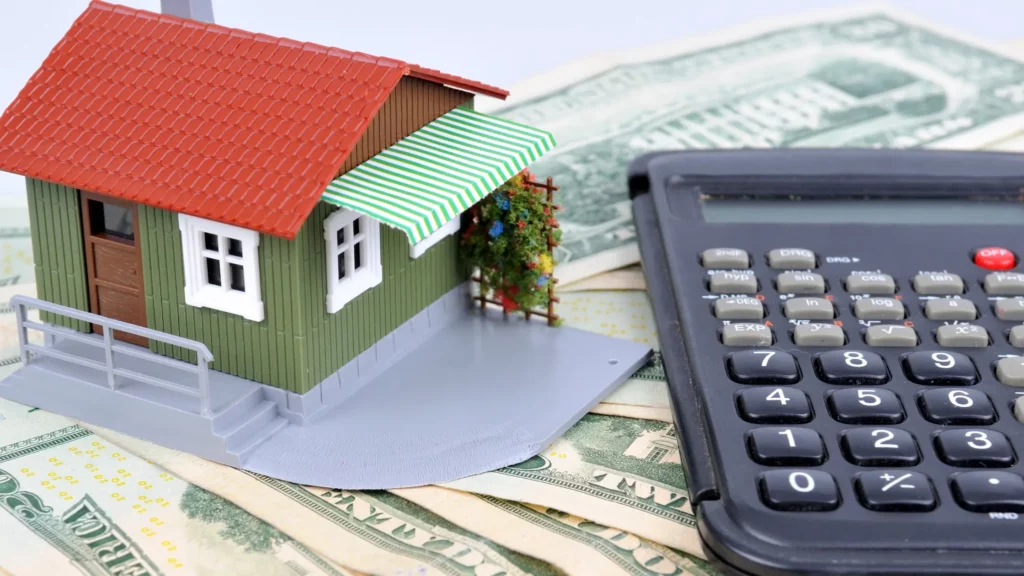
Buying a home is an exciting event, but the prospect of a down payment can be daunting for first-time buyers. Unlike seasoned homeowners, first-time buyers don’t have the luxury of using the proceeds from a previous home sale to fund their down payment. As one of the most significant hurdles to homeownership, down payments can quickly add up to tens of thousands of dollars.
Depending on the loan type, down payment requirements can fluctuate significantly. While FHA loans require just 3.5 percent down, conventional loans usually require 20 percent down to avoid paying private mortgage insurance. Luckily, there are some loans that offer little to no down payment options, like those offered by the U.S. Department of Veterans Affairs and the U.S. Department of Agriculture. With a little bit of research and patience, first-time buyers can overcome this hurdle and take the first step toward homeownership.
As if a sizable down payment wasn’t enough, there are also other mandatory expenses that come with it, such as closing costs, appraisals, inspections, taxes, homeowner’s insurance, and more. While these fees can be daunting, it’s important to have a separate emergency fund, just in case. So, if you’re considering buying a home, make sure you have enough saved for a down payment and closing costs, and don’t forget to keep those pennies for the unexpected expenses that may come with homeownership.
You Have an Emergency Fund
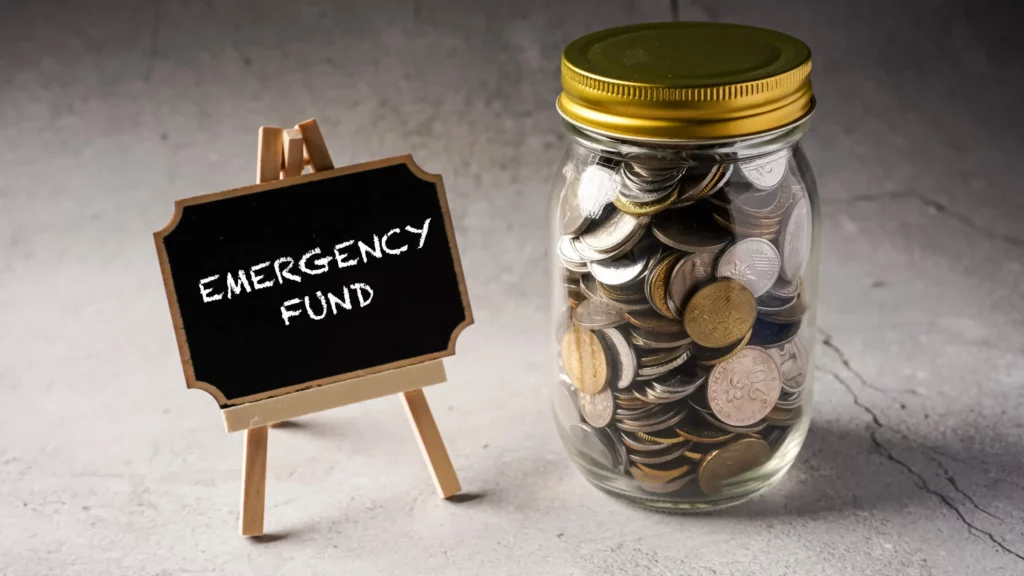
Having an emergency fund can be a real lifesaver when it comes to unexpected expenses, such as job loss or home repairs. Financial experts suggest having enough money saved to cover three to six months of living expenses. Homeowners, in particular, may want to consider saving even more.
Homes inevitably require maintenance and repairs, which can add up quickly. Not having the funds to take care of these necessary expenses can cause financial strain and aggravation. Therefore, homeowners would be wise to budget for potential repairs by setting aside monthly payments of between 1% to 4% of their home’s value or more for older homes. Building up a fund for these potentially costly repairs can save homeowners from financial stress down the road.
You Have a Secure Job

When it comes to buying a home, having a steady stream of income is crucial. Mortgage lenders take a keen interest in your employment history and income levels to ensure that you can make your monthly mortgage payments.
If you’re struggling to keep up with your current income and expenses, it’s probably not the right time to think about buying a home yet. Even if you are earning enough, frequent job changes can be a red flag for lenders.
Before you apply for a mortgage, take a good look at your employment history and financial standing. It’s better to wait and save up than to buy a home that you can’t afford. If you’re unsure about your eligibility for home loan, you can always use a mortgage calculator to get an idea of what you can afford.
You Want to Stay in the Same Area Long-Term
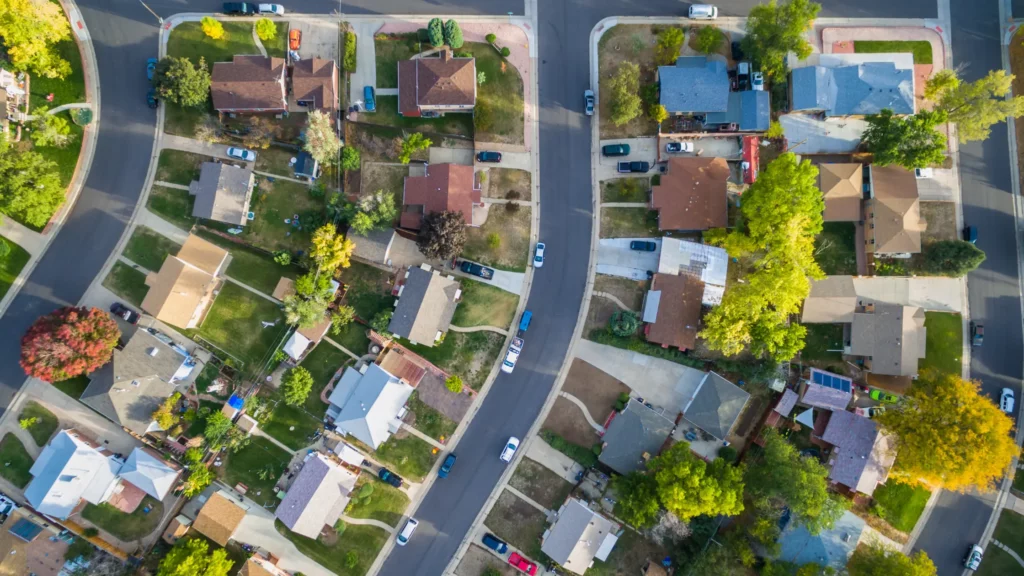
Just like stock investments, home ownership also requires a long-term view. Often, it takes at least five years to break even on a housing purchase. During the initial few years, most of your mortgage payments go towards interest, and not the principal. Therefore, if you plan on selling your house shortly after purchasing it, you may not reap the financial benefits of home ownership. In fact, it is recommended that you stay put for ten years, or longer if possible. The longer you hold onto your house, the more money you save.
Besides, selling the property through a realtor can result in significant fees, usually around 6% of the selling price. Over a short period, it can really add up, making it more crutial to hold onto the house for ten or twenty years. Additionally, moving costs alone can be astronomical, further underscoring the importance of putting down roots and settling in for the long haul.
Your Debt is Manageable
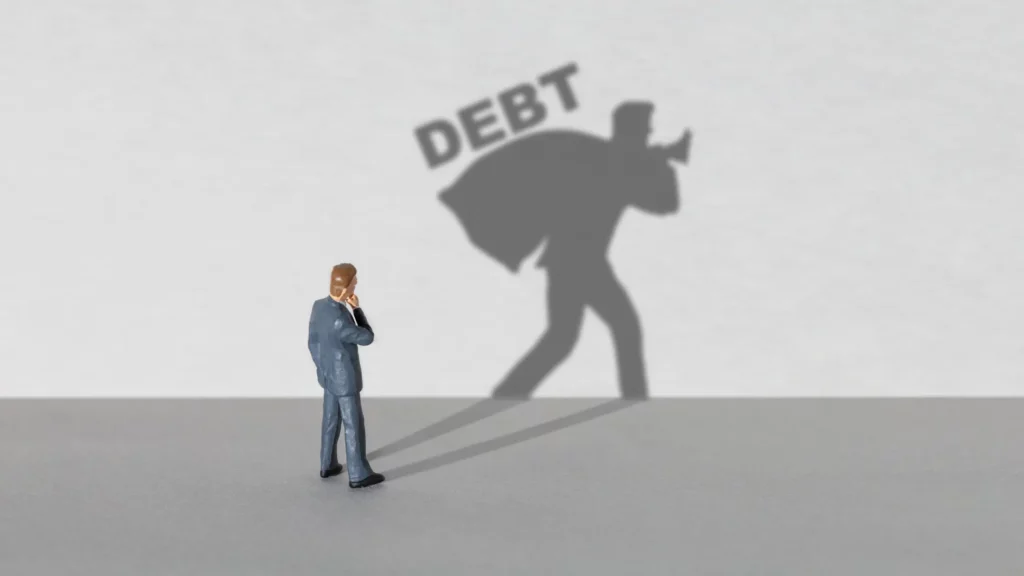
When it comes to getting a mortgage, one of the most important factors for lenders is your debt-to-income ratio or DTI. This calculation takes into account all of your monthly debts, such as car payments, student loans, and credit card bills, and divides that number by your gross monthly income.
The higher your DTI, the riskier you appear to lenders. Although some conventional loans allow a DTI ratio of up to 50 percent, most lenders prefer no more than 43 percent. If you can lower your DTI, you’ll be in a stronger position to secure a mortgage and have more financial flexibility for unexpected expenses. So, it’s worth taking steps to pay down debts and improve your DTI before applying for a mortgage.
After considering these six signs, you should have a good idea of whether you’re ready to purchase your first house. Taking the time to review and assess each sign can help make sure you’re making the right move for your financial goals and lifestyle.
To further ensure that all goes smoothly, it’s always a good idea to consult with a professional real estate agent. They will be able to provide expert advice when it comes to mortgages, loan origination fees, closing costs, and so much more.
If you’ve determined that you are ready to buy a house and want to buy in the Nashville area, reach out to us today so we can help get you on the path toward owning one of your very own!
